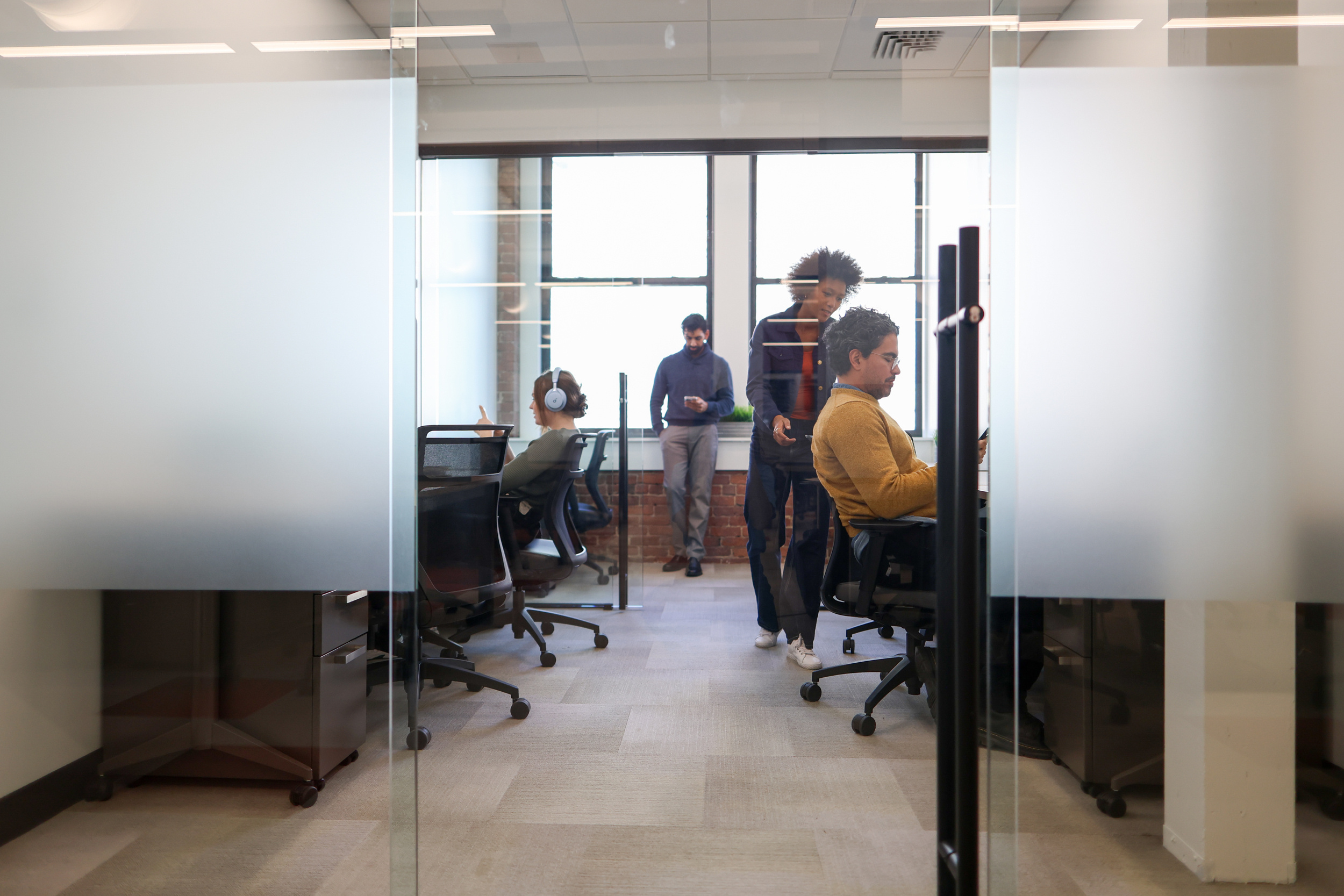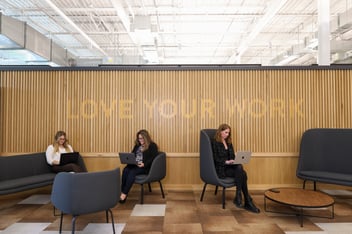Your Office Strategy Shouldn’t Freeze Every Time the Market Does

The headlines are loud right now.
Tariffs. Interest rates. Layoffs. Supply chain chaos. Outsourcing biotech.
But let’s be honest, if you’re overseeing workplace strategy right now, you already know: This isn’t just about tariffs.
It’s about building resilience into every corner of your business—especially the physical spaces where your team gets work done.
Because the only certainty right now... is uncertainty.
We’re Not in Peacetime Anymore
In his book The Hard Thing About Hard Things, Ben Horowitz talks about the difference between a peacetime CEO and a wartime CEO. Peacetime CEOs focus on culture, optimization, and long-term planning. Wartime CEOs lead through chaos. They make fast decisions, stay laser-focused on survival, and embrace agility over perfection.
If you're in leadership today, you’re likely operating in wartime—even if no one says it out loud. And wartime leadership demands a different kind of real estate strategy.
Now’s not the time to sign a 5 year lease and cross your fingers.
Now’s the time to stay liquid, stay flexible, and give your team what they need today, with room to shift tomorrow.
Traditional Office Space Wasn’t Built for This
Office leases are based on a version of the world that no longer exists. Predictable growth, fixed headcount, and stable economic cycles are simply not a reality anymore.
At Workbar, we’ve watched our members absorb hiring freezes, reorgs, product pivots, and global shocks without missing a beat. Because their workplace strategy is built to flex.
We built our model for companies that need to rightsize their space...in real time, not make- believe time.
Your Office Strategy = Your Shock Absorber
Your finance team is watching liquidity. Your HR team is balancing hybrid. Your ops team is trying to plan for five different futures at once.
The last thing any of them need is a real estate model that can’t adapt.
If you’re running your company like a wartime CEO, your real estate strategy should follow suit. Companies are using Workbar to protect their agility, control costs, and build a workplace strategy that doesn’t flinch when the market shifts.
Because in 2025, the winning strategy isn’t about guessing right. It’s about staying ready no matter what’s next.


